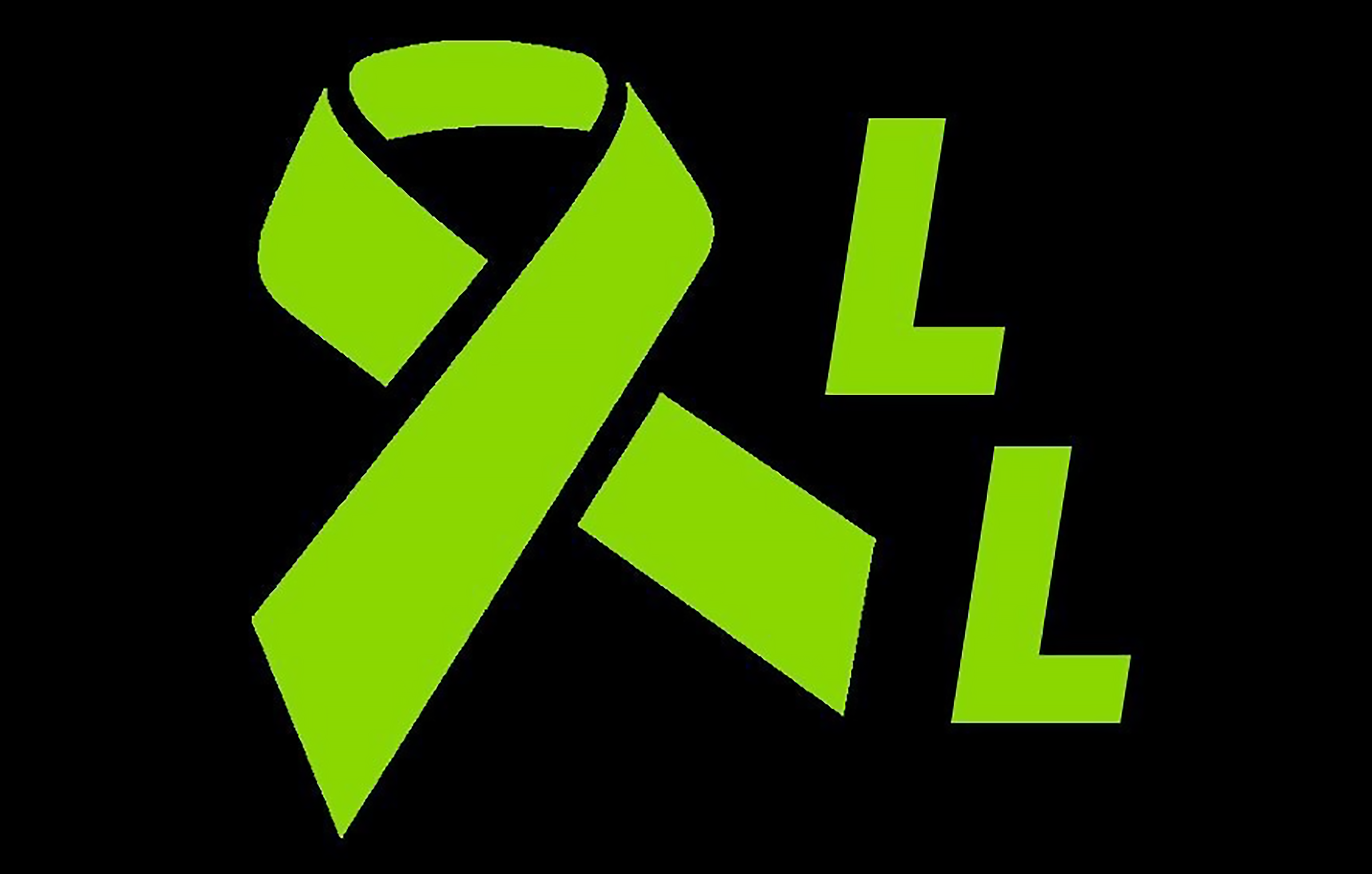Opinion | Always moving forward
A lymphoma survivor who is part of Chapman’s Learning Lymphoma Group emphasizes the importance of listening to your mind and body. Photo courtesy of Chapman’s Learning Lymphoma Group
There are a lot of things that can go wrong in the weeks before moving to college.
For a lot of students, myself included, college is an exciting time to start a new chapter and forget about high school. It’s a chance to start over, to discover your identity and to become the person you’re meant to be.
For me, college was also my chance to forget about the last four years of my life — until it wasn’t.
In the summer of 2020, two weeks before moving into my dorm, I went to Target with my sister to pick out some last-minute decorations. We spent the day browsing the aisles, picturing what my room would look like and dreading the fact that we might not have many more memories like this to come.
By the time we got home, our parents had returned from their daily quarantine walk. The house felt different and my dad had puffy eyes. I had only ever seen him cry a handful of times in my life, but this time was jarring; I couldn't think of what could be making him upset.
Our parents asked my sister and me to take a seat. As I walked up to my dad with shaking hands, I racked my brain for what they might say. Did someone in our family catch COVID-19? Are the neighbors injured? When was the last time I talked to my grandparents? Nope. None of my ideas were even close.
It was on that August day that I found out I was diagnosed with Hodgkin lymphoma.
The diagnosis was so ironic to me. I’ve been pretty average for my entire life; I had average grades, an average family — you know, the works. Except Hodgkin lymphoma was the rarest form of lymphatic cancer, and I had it.
It was totally unexpected, too. For the last three months, I had dealt with a painless lump around one of my lymph nodes, but I didn’t think much of it. When the lump didn’t go away, I figured I would get it checked out.
I thought it would be better to be safe than sorry. And I guess I was right.
Elsie Mader, freshman theater major
About 8,500 people are diagnosed with Hodgkin lymphoma every year in the U.S., according to the American Cancer Society. The good news is that it happens to be the more curable strain. But even though it’s technically more curable, the symptoms were more painful than anything I had ever experienced.
In the movies, they always show cancer patients losing hair and throwing up after chemotherapy. What they don’t show is neuropathy — a condition that keeps you from feeling your fingers and toes, causes bruising and bleeding, forms mouth sores and turns your nails orange. And that’s not even all of it.
With physical pain comes a strain on mental strength as well. The hair loss and itching is incredibly painful, but it’s the chemotherapy radiation that strips you down, too — more than just physically.
When I got my diagnosis, my life trajectory was completely different. I had committed to a different university for a different program in a different town. My diagnosis forced me to defer my enrollment and ultimately decline admission to that school for the 2020-2021 academic year.
My sense of independence went away overnight. There wasn’t much I could do on my own besides painting and writing. Though it was throughout these months that I was able to create some of my favorite artwork, apply to Chapman and later enroll for theater, it was still the hardest period of my life, and the dejected memories will stay with me forever.
If there’s anything that you take from this, please let it be that listening to yourself has to be the priority (and of course, administer self-checks if possible).
I waited three months after feeling the initial lump to get it checked by a medical professional. If I had waited any longer, my treatment might not have worked.
Sometimes life sucks just because it sucks, and there’s nothing wrong with that. I believe the most important part is that you get back up and persist on your journey.
I’m ready for the future, and I’m truly excited for the memories to come. For now, I encourage you to watch for symptoms, stay informed and always move forward.


